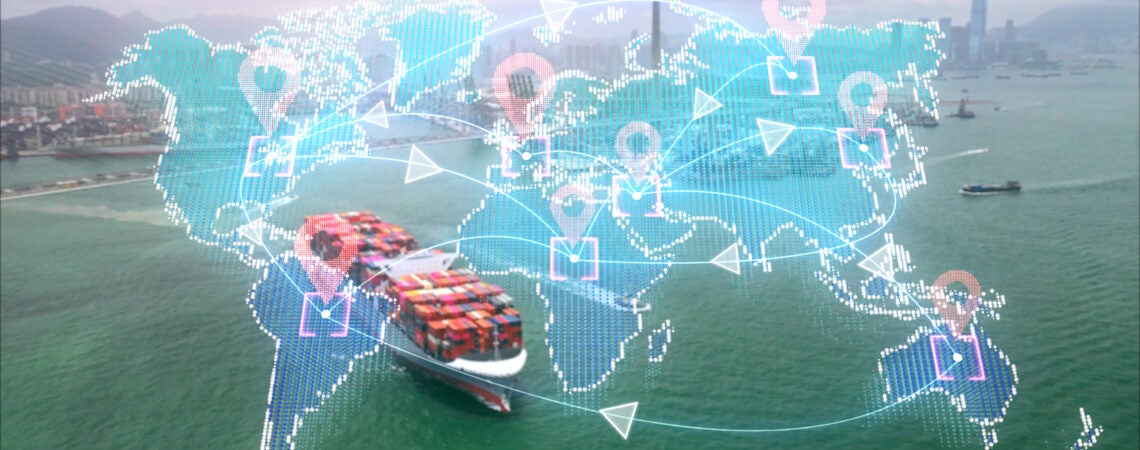The global economy is experiencing the digitalization of production, exchange, and consumption of goods and services. The internet and cross-border data flows are becoming important channels of trade as more products are traded through the web or integrate features that rely on digital connectivity. Reflecting the autonomy states have to enact such policies, national variations in internet governance have expanded over the previous decade, with states increasingly looking to use internet and data policies for economic and trade objectives. These dynamics are having important implications on the international trade regime through challenging existing trade rules and creating demands for new rules. This has resulted in growing debates in the trade arena around “digital trade,” as a number of states, led by the United States, push for rules as a way to discipline national internet policies and support trade in digital goods and services. This paper examines the political economy of this campaign. We argue that the objectives of this campaign go beyond updating rules to better fit the “Internet age” into achieving further liberalization of trade in goods and services. We highlight the technological contingency of existing international rules and show how technological shifts have been a driver of competitive regime creation and forum shifting contributing to processes of fragmentation of the international trade regime.
viz033To read the full report from the International Studies Review, please click here.

